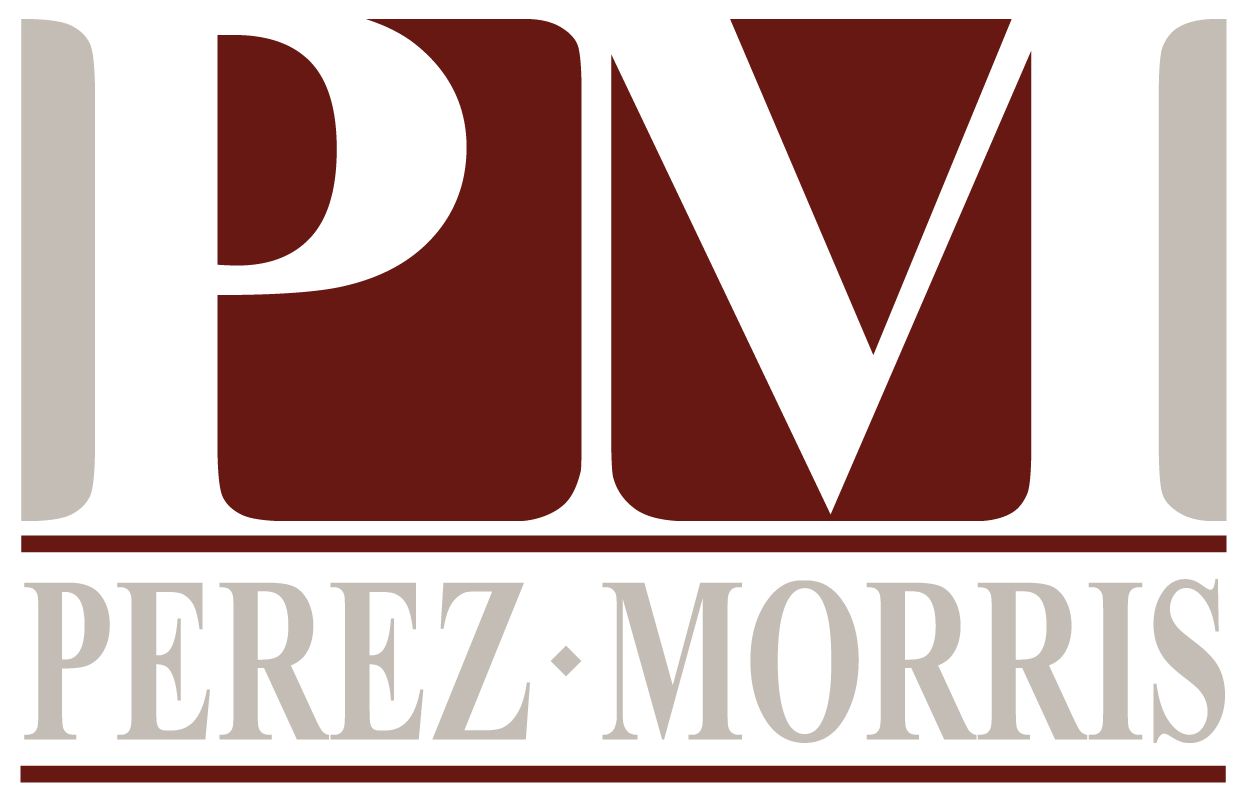With the recent FDA approval of several COVID-19 vaccines, questions have arisen about whether employers can require their workforce to take the COVID-19 vaccine and if so, whether it is a smart business decision to do so.
The short answer is yes, but with significant exceptions. Notably, the EEOC issued updated guidelines on December 16, 2020 confirming that employers can require employees to have the vaccine as a condition of continuing to work. However, exceptions to this include employees who have an underlying health condition or disability that precludes them from taking the vaccine, or those who have a sincerely held religious belief, practice or observance that would prevent them from taking the vaccine.
The specific laws that are triggered by an employer required vaccination policy include the Americans With Disabilities Act (ADA), the Genetic Information Nondiscrimination Act (GINA) and Title VII of the Civil Rights Act of 1964. These are the specific federal laws that protect employees and enable employees to argue that they should be precluded from participating in a mandatory vaccine requirement.
If an employee requests an accommodation under one of the federal laws, the employer has an obligation to determine if a reasonable accommodation is possible, without causing undue hardship to the employer. For example, it may be possible to allow the person to work from home or to work in a sequestered area of the business location. If it is not possible to make an accommodation and it is determined that unvaccinated individuals pose a potential threat to the safety of the workplace, an employer does have a right to exclude the person from physically entering the workplace. That does not mean that an employer should terminate the individual’s employment as they may be eligible for other forms of leave or protection under federal, state, or local laws.
In speaking with several Ohio employers about this issue, it seems that most employers are choosing to institute a voluntary vaccination program. Some employees have health insurance that covers vaccinations, and some do not. To encourage those without health insurance to get the vaccination, some employers have creatively thought of ways to incentivize the obtaining of a vaccination by providing a few hours of time off or gift cards to employees who voluntarily get the vaccination.
It will likely be several months before a vaccine is available to a majority of Ohioans. This delay gives employers time to think about whether they want to have a mandatory vaccine requirement or whether they simply want to encourage employees to get the vaccination voluntarily. It is important to remember that information regarding mandatory vaccinations and the EEOC’s position on this is fluid and will be changed and updated on an ongoing basis as medical information becomes available regarding the vaccinations, and it is therefore important to continue to check for updated information.

Beth has represented and advised employers for thirty years regarding all aspects of their workers’ compensation and risk management programs. Beth’s philosophy is that preparation and attention to detail are the hallmarks of a successful defense plan. Her practice includes representation of employers at all administrative hearing levels before the Industrial Commission of Ohio and the adjudicating bodies of the Ohio Bureau of Workers’ Compensation.
Beth received her JD from Capital University Law School in 1988. She resides in Bexley, Ohio with her husband and two children. Read more



